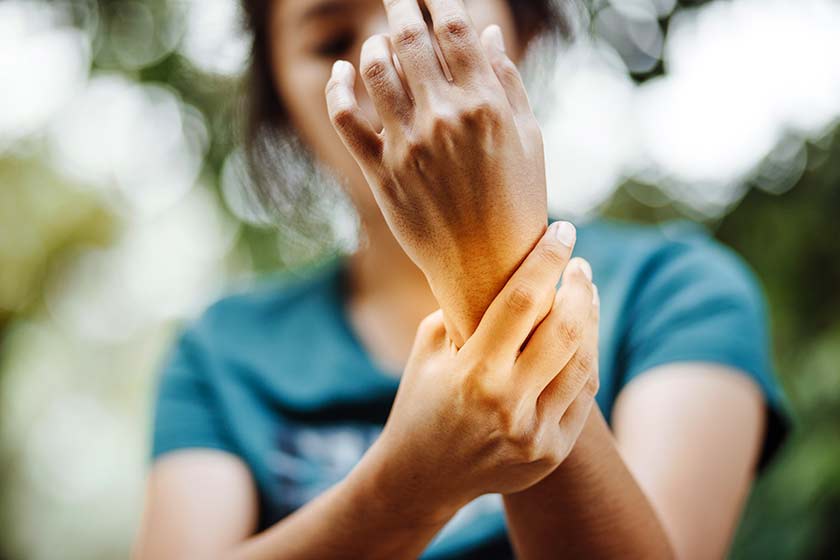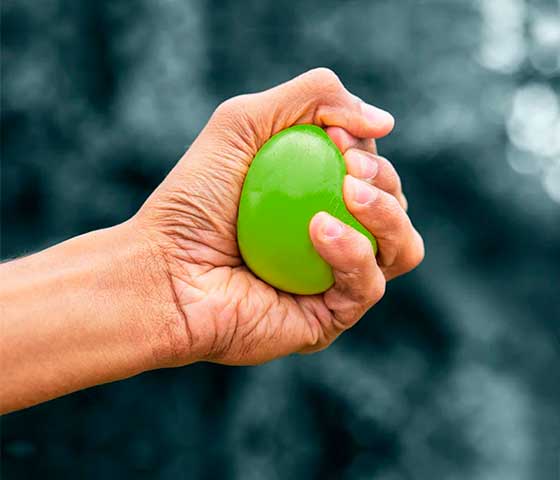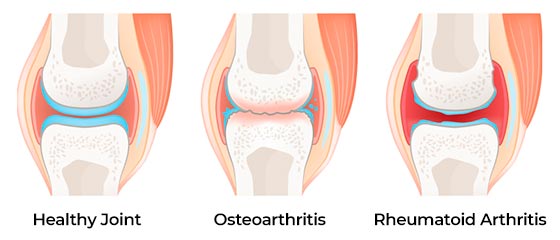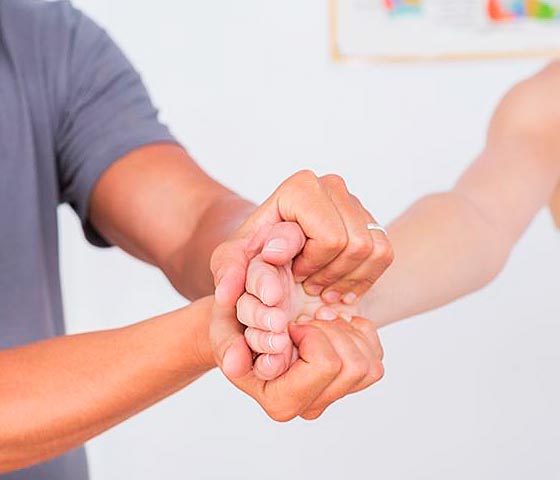Physiotherapy in Milton, Ontario
- Home
- About
- WHAT WE TREAT
- KNEE PAIN
- NECK PAIN
- PARKINSON’S DISEASE
- ARTHRITIS
- BALANCE & GAIT DISORDERS
- HIP PAIN
- SHOULDER PAIN
- LOW BACK PAIN
- AMPUTATION
- CARPAL TUNNEL SYNDROME
- CHRONIC PAIN
- DIZZINESS & VERTIGO
- CONCUSSION
- FIBROMYALGIA
- FOOT PAIN
- HEADACHE RELIEF
- LYMPHEDEMA
- SPORTS INJURY
- TMJ DYSFUNTION
- OSTEOPOROSIS
- ELBOW, WRIST & HAND PAIN
- PRE-SURGICAL PHYSIOTHERAPY
- POST SURGICAL REHABILITATION
- TOTAL HIP & KNEE REPLACEMENT
- PRE AND POST NATAL CARE/ PREGNANCY
- MOTOR VEHICLE ACCIDENTS & INJURIES
- HOW WE TREAT
- PHYSIOTHERAPY
- MASSAGE THERAPY
- PELVIC FLOOR
- SHOCKWAVE THERAPY
- CUSTOM FITTED BRACE
- CUPPING THERAPY
- DRY NEEDLING
- ELECTRICAL STIMULATION
- ERGONOMIC TRAINING
- IASTM / GRASTON TECHNIQUE
- JOINT MOBILIZATION
- KINESIO TAPING (KT)
- LASER THERAPY
- MANUAL THERAPY
- MULLIGAN CONCEPT
- MYOFASCIAL RELEASE
- NATUROPATHY
- ORTHOTICS
- ACUPUNCTURE
- CONCUSSION MANAGEMENT
- MCKENZIE METHOD
- RUN & GAIT ANALYSIS
- TELEHEALTH
- SPINAL MANIPULATION
- SPORT-SPECIFIC TRAINING
- THERAPEUTIC EXERCISE
- THERAPEUTIC ULTRASOUND
- VESTIBULAR REHABILITATION
- HOME CARE
- SPORTS REHAB & PERFORMANCE
- Blog
- 905 864.8181
ARTHRITIS

Do you wake up in the morning, or after you’ve been immobile for a period of time with joints that are stiff and difficult to move? Even if your symptoms improve throughout the day or with some gentle movement, you may still have arthritis.

Arthritis causes pain and inflammation, and it can affect one or multiple joints at a time. It is a collection of conditions that not only affects older generations and is more prevalent than one would assume. Nevertheless, many people wait far too long to seek expert care for their aching joints.
The most common type of arthritis is osteoarthritis and is usually easy to diagnose via symptom presentation and radiology. It develops when the cartilage in the joints wears out due to aging, injury, or overuse.
If you’ve had an injury in the past, you’ve probably received treatment, recovered, and resumed normal activities. Although the injury has healed, damage to the cartilage or surrounding muscles may have resulted in compromised and diminished joint support. As a result of the damage, osteoarthritis may develop later in life.
This is also true if your work requires repetitive motion or usage of specific body parts. And over time, osteoarthritis may develop due to excessive wear associated with motions that are repetitive. Additionally, being overweight may put you at a higher risk for developing osteoarthritis as it adds additional strain on your joints.

Inflammatory Arthritis
Inflammatory arthritis, is commonly known as rheumatoid. It´s an autoimmune illness in which the immune system misinterprets something within the joints as a threat and attacks them.

The inflammation causes joint pain, swelling, and stiffness, and if not addressed, it can result in irreversible joint damage and deformity. While the exact cause of a person’s medical history, environment, and hormones may all play a part in the development of rheumatoid arthritis, according to researchers. Women are more likely than men to suffer from rheumatoid arthritis.
Patients with RA often complain of joint pain that is exacerbated by prolonged sitting, standing, or inactivity. Rheumatoid arthritis can also cause pain when you exercise or work, and the pain may go away after you stop doing that activity. If you have rheumatoid arthritis, you may also notice that your joints pop and crack. This is because the cartilage between your joints has worn down over time, leaving more surface areas for the joints to rub together.
How can physiotherapy help?
Rather than masking symptoms with drugs, the primary goals of physiotherapy is to manage pain. Also, mitigate some causes which increase symptoms and strengthen the body to help reduce strain within ones joints.
Arthritis Physiotherapy in Milton. One of our qualified physiotherapists will evaluate your condition to help determine which joints are involved. After that, to determine which exercises will assist you to relieve arthritis pain while you go about your regular activities. Having rheumatoid arthritis does not need to control your life. Physiotherapy can show you how to mitigate your symptoms, how to prevent future joint injuries and how to perform self-rehabilitation activities.